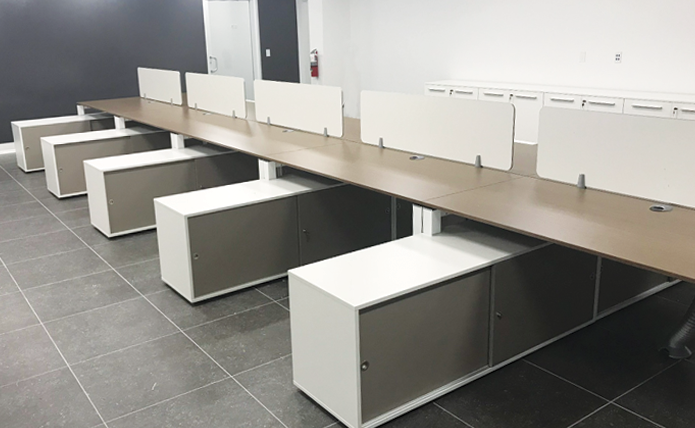The routine of a typical 9-to-5 work schedule is just that. Typical.
Yet both employees and employers are beginning to acknowledge that it can also be inconvenient, monotonous and stifling. While a consistent and predictable pattern does have some benefits, research shows there may be better ways for all involved to use their time.
People with adaptable work environments tend to have healthier habits and may be more productive and efficient when they work. They have time to devote to self-improvement and health as well as to being present for family and friends.
Better health
People with ability to determine their own schedules had better mental health, healthier blood pressure and better sleep habits than those on fixed or involuntary schedules.
Preferences for when to go to bed, when to wake, when to exercise and even when to eat can vary significantly from person to person. Many people do just fine on an office-hours routine, but others may find themselves waking too early to function or getting too tired to focus by the end of the day. Sleeping well, cooking at home, working out and other aspects of health can get pushed aside by schedules that just don’t mesh.
Research indicated that people in results-based teams showed decreased smoking and drinking and increased sleep and exercise. A previous study released in 2011 found also similar wellness benefits in a results-only work environment.
More happiness
Other research has looked at more subjective areas effected by schedule flexibility, including people’s happiness and satisfaction. It makes sense that when people can choose to do things like take their kids to school, sleep in or help their spouse, that they’ll have better relationships, a better quality of life and more happiness with their employment.
Another interesting point was that those with flexibility were more likely to feel that they could continue doing the same job at 60 years old.
Office implemention
The convergence of people being both healthier and happier means a company’s workforce is probably more efficient and feels more loyal to their employers.
Businesses benefit by enhancing recruitment, improving worker performance, reducing turnover, increasing job satisfaction and reducing costs related to turnover, healthcare, absenteeism and presenteeism.
But are flexible schedules practical?
Some jobs simply cannot be done off-site, but the majority of workplaces could at least offer a degree of flexibility in hours or arrangements, and many currently do.
Determining which types of flexibility are appropriate for the workplace is also important. Leadership needs to look at the company’s needs. Questions to ask include: Is it necessary that every worker be present during a certain time period or certain days? Would it be possible to do this job off-site some days using tools like chat and conferencing? Can earlier starting hours or later closing hours work here? Can teams cover for one member’s temporary absence? What types of flexibility would attract the right talent?
Telecommuting
Telecommuting remains one of the more controversial aspects of flexibility. Some companies are reluctant to allow employees to work from home due to potential for reduced productivity and lack of supervision, but research may show the opposite.
For businesses owners, the first step to offering flexible schedules should be training management, human resources and staff about options and processes as well as benefits.
The great thing about flexibility is that there are many ways to adapt it to meet the needs of both the company and the workforce. Key aspects of good leadership involve listening to your employees and enacting change when needed. See what types of scheduling conflicts are most common in your environment to get an idea of where to focus efforts. Instituting flexibility on a trial basis or starting with one department could be helpful for identifying the right balance and which policies to establish.
Source: Entrepreneur.com









